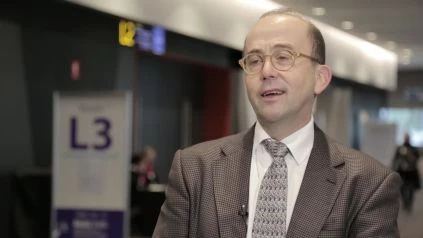Gregory Crawford, MBBS, MPHC, MD, FRACGP, FAChPM of The University of Adelaide, Adelaide, Australia discusses the importance of understanding patients needs. Curing disease is only one of the aspects of medicine. Healthcare professionals need to meet patients needs as well. The challenge for doctors is to have a good knowledge of medicine, but also good communication skills to understand patients issues. Patients facing end of life decisions may have different priorities regarding treatment and care than patients with a less advanced disease. The subject of death is difficult to talk about, for both patients and doctors. The default position is to be active, to make things better, which is often interpreted in terms of cure, rather than treating symptoms and caring. It is important to have a meaningful conversation with a patient in order to understand why they want to know the expected death date. For certain diseases it is possible to put a framework, which helps to answer this question, based on disease spread, change in physical function, or lack of treatment options available. Recorded at the Multinational Association of Supportive Care in Cancer (MASCC) and International Society of Ocular Oncology (ISOO) 2016 Annual Meeting on Supportive Care in Cancer held in Adelaide, Australia.
End of life prognostication: the importance of communication

